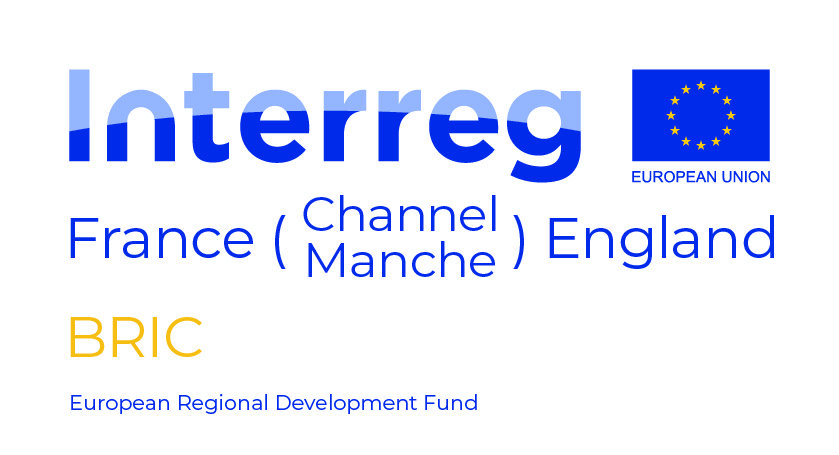Weymouth BRIC
The Building Resilience in Flood Disadvantaged Communities (BRIC) project was developed to support people and communities in Weymouth likely to be affected by flooding, particularly vulnerable groups.
Flood Risk in Weymouth Guide
The Flood Risk in Weymouth guide is all about flooding in the Melcombe Regis and Weymouth Harbour area. It has been produced so that you can find out about flooding in the Melcombe Regis and the Harbour area, how flooding may affect you, who’s who and who’s doing what and how you can do your bit and be more prepared.
It’s for property owners, businesses and for those who rent a property in this area. The guide has been produced by the Dorset Coast Forum with support from Dorset Council, BCP Council, Weymouth Town Council, the Environment Agency, Wessex Water, and residents of Weymouth.
Weymouth BRIC Background
Dorset Coast Forum were awarded £141,000 (69% of the project budget) from the European Regional Development Fund via the Interreg France (Channel) England programme, whilst match funding is being provided through expertise offered by Dorset Council.
The BRIC Weymouth project came to an end in March 2023 and delivered:
- Engagement with communities in Flood Risk Management and increase flooding resilience.
- Developed a joint approach, linking local communities, expertise and policy makers.
- Raised awareness by working with community networks to develop Flood Champions trained in safety measures and incident reporting.
- Created the Flood Risk in Weymouth Guide as detailed above.


